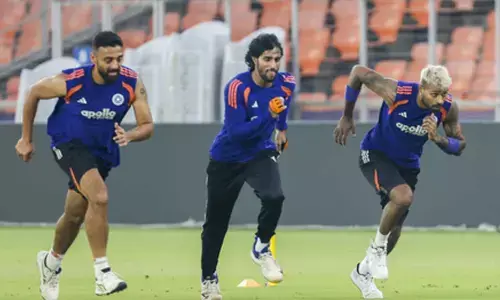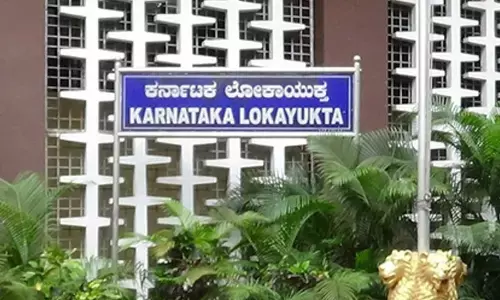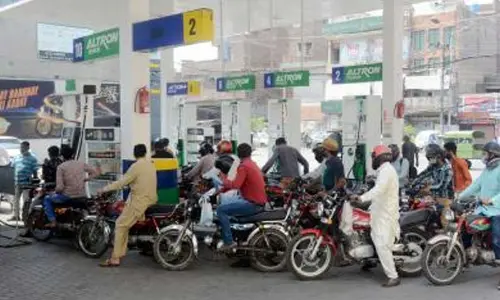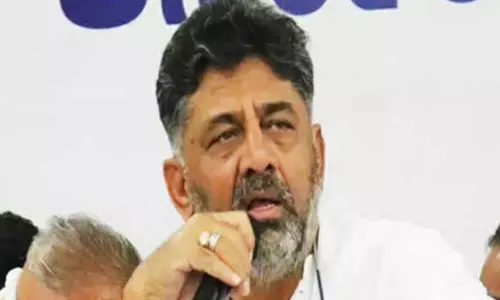Sociology as an optional

Representational image
Candidates should choose the optional based on different criteria.
Candidates should choose the optional based on different criteria. It includes the syllabus, coaching material available, and professional coaching centres. From 2013 onwards only one optional is to be taken and it carries 500 marks out of 1750. In recent years the following optionals have been selected by the candidates with different educational backgrounds. They include public administration, geography, anthropology, sociology, Telugu and others. In the year 2000 Jagruti Awasthi from Bhopal stood second in the ranking. She left the job from BHEL. Her optional was sociology. 24 year old Jagruti in her second attempt could get the second rank.
Shubham Kumar was the topper in 2020. Now let us analyse the syllabus of sociology. Sociology syllabus paper 1
Fundamentals of sociology includes – sociology – the discipline, sociology and science, research methods and analysis, sociological thinkers, stratification and mobility, works and economic life, politics and society, religion and society, systems of kinship, social change in modern society.
Paper II
Indian society – structure and change, Introducing Indian society – perspectives on the study of Indian society, impact of colonial rule on Indian society, social structure, caste system, tribal communities in India, social classes in India, systems of kinship in India, religion and society, social changes in India, rural and agrarian transformation in India, industrialisation and urbanisation in India, politics and society, social movements in modern India, population dynamics, and challenges of social transformation. Now let us look at two year's questions 2021 and 2020 2021 Sociology paper I. There are eight questions divided into two sections and printed both in Hindi and in English. Candidate has to attempt five questions in all. Question numbers 1 and 5 are compulsory and out of the remaining, any three are to be attempted, choosing at least one question from each section. Answers must be written in the medium authorised in the admission certificate which must be stated clearly on the cover of this question cum answer booklet.
Question no 1
(a) Europe was the first and the only place where modernity emerged. Comment
(b) Do you think Ethnomethodology helps us in getting reliable and valid data? Justify your answer
(c) Discuss the challenges involved in collecting data through the census method.
(d) Explain whether Durkheim's theory of division of labour is relevant in the present context.
(e) Critically examine Max Weber's theory of social stratification.
5 (a) explain the emerging challenges in establishing gender equality in the informal sector.
(B) critically examine the relevance of Vilfredo Pareto's theory of circulation of elites in the present scenario.
© critically compare the views of E B Taylor and Max Muller on religion.
(D) what is a cult? Explain the growth of cults in the contemporary world.
(E) Do you think Talcott Parsons gave an adequate theory of social change? Justify your answer.
These are compulsory questions carrying 50 marks each. So out of 250 marks these questions carry a hundred marks.
Paper II 2021
There are eight questions divided into two sections and printed both in Hindi and English.
Candidate has to attempt five questions in all. Question numbers one and five are compulsory and out of the remaining, three are to be attempted choosing at least one question for each section.
1. Write short answers with a sociological perspective of the following questions in about 150 words each.
(a) caste system studies in India have been dominated by the ' book view' initially. How did the entry of ' field view' bring about a balance in the study of the Indian caste system? Discuss
(b) What does Dr BR Ambedkar mean by the concept of annihilation of caste?
(c) Discuss the different forms of kinship system in India.
(d) Critically examine briefly the phrase "little republics" as used to denote India's villages.
(e) Caste-like formations are present in non-Hindu religious communities as well. Discuss with examples.
5. Write short answers with sociological perspective of the following questions in about 150 words each.
(a) analyse the idea of developmental planning in India.
(b) Comment on the role of cooperatives in rural development.
(c) Urban slums are sites of social exclusion – explain.
(d) Does regionalism essentially lead to decentralisation of power? Substantiate your answer with relevant examples.
(e) Discuss the role of technology in agrarian change in India.
All these four questions are compulsory in both the papers. A thorough study is needed to explain these questions with relevant material.
2020 Sociology paper I Compulsory questions 1 and 5
1.
(a) How did the intellectual forces led to the emergence of sociology? Discuss
(b) Is sociology a value free science? Discuss
(c) Methodology is a system of rules, principles and procedures, which forms scientific investigation. Comment
(d) Ideal types of Max Weber are mental constructs; they do not correspond to reality. Give me your views
(e) Analyse the relevance of pattern variables in the study of social change.
5.
(a) in the context of globalisation, has the scope of sociology been changing in India?
Comment
(b) Discuss the importance and sources of hypothesis in social research.
(c) What are the problems in observing social facts in Durkheim's views?
(d) State the reasons for the various religious beliefs and practices in pre-modern societies.
(e) Does the institution of marriage continue to be sacred in Indian society? Comment
Paper II 2020
1.
(a) Elaborate A R Desai's perspective to the study of Indian society
(b) Banning practice of sati is attributed to annihilation of a major social evil in colonial India comment
(c) How do you justify Dumont's deliberate stress on ideology that produced an intellectualised account of Indian society?
(d) Explain the definitional problems concerning the tribal communities in India.
(e) Secularism was an outcome of 20th century humanistic radicalism. Comment on this statement.
When we look at the questioning pattern during 2020 and 2021 there is no repetition in the subjects. Hence, candidates appearing for 2022 also should keep in mind the other variety of subjects in the sociology syllabus. To compose answer in 150 words is very difficult. The word count is more important. Comprehensive and compact ideas should be the goal. While explaining the concepts of different intellectuals one should have a clear understanding about their viewpoints. Jai Ho
(The author is retired Additional Director General Doordarshan Delhi)









